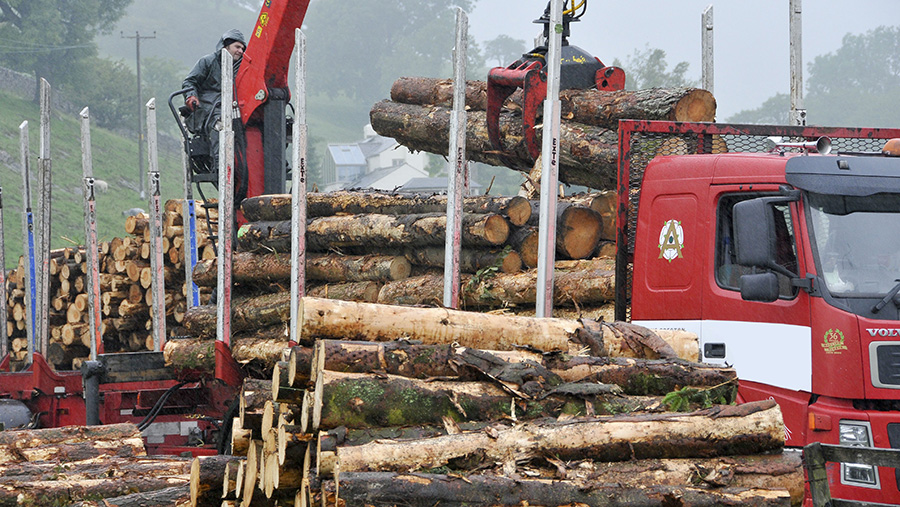Opinion: Thumbs up for electric car but wood burning is a no
 © FLPA/Shutterstock
© FLPA/Shutterstock Four years ago, I paid a deposit for an electric car. We generate quite a lot of our own power from photovoltaic panels and it seemed like a neat way to save money and cut emissions .
The car finally arrived a year ago and, since then, I have driven more than 10,000 miles without burning a teaspoon of fossil fuel.
I confess that I still use a less-virtuous Land Rover Discovery too, which has lots of seats and a three-litre diesel engine to haul supermarket buyers around flower fields in comfort. The fuel consumption seems gratuitous, so I ration its use.
See also: Land Rover Defender gets 450hp electric transformation
My verdict is that it would now be foolish to invest in a new vehicle with an engine. I fail to see any disadvantages to electric vehicles; a range of 300 miles is sufficient.
After that, I’m jolly glad of a 20-minute break to recharge myself, never mind the vehicle. The generous tax advantages are a helpful bonus too.
We mustn’t expect that government incentives to become greener will last forever. As they look to raise greater revenue to recover the eye-watering sums spent tackling the coronavirus pandemic, taxes on polluters are easy, obvious and justifiable.
Inevitably farmers will need to embrace the mission of greenhouse gas reduction, not to make more money, but just to stay in business.
Eco holiday
In a similar vein, last week we rented an “eco holiday cottage” in the Lake District with my friends, Adam, Laura and their adorable offspring, who are my godchildren. The cottage even boasted a wood-fired hot tub.
Google “people who wouldn’t be relaxed sitting in a hot tub” and my name will be one of the top suggestions. My boyfriend was no more excited about the prospect either. We much prefer to socialise with our clothes on.
Alas, after a glass of wine, Adam – the archetypal Yorkshireman – wanted his money’s worth from the hot tub. We quailed as he reached for the firelighters. He even turned on the fairy lights.
I don’t want to reinforce the Yorkshire stereotype, but Adam was definitely environmentally conscious with the logs and the “passion pond” was still barely tepid at 10pm. Mercifully, we abandoned the idea.
The following day we lit it again for the children. I took charge with a more laissez faire approach to log consumption. I stuffed them in like a Russian oligarch. After a slow start, I eventually had it bubbling like a cauldron and it was too hot to use for anything other than boiling hams.
We allowed the children in eventually, but they turned puce and had to be fished out and hosed down to avoid them being taken away by a social worker.
I relay this story to point out that not everything that purports to be green is good. Burning wood to create heat is the prime example. Not only is it ineffective, it harms the environment. The generous renewable heat incentives paid for biomass burners will be looked on scornfully by future generations.
Over the next few years we will have to weigh up lots of new ideas and investments to reduce our emissions. Inevitably, many of these will be white elephants that waste time and money.
I suspect, however, that denying it is necessary to change our current practices, or failing to do so, will ultimately prove a greater threat to our businesses.
